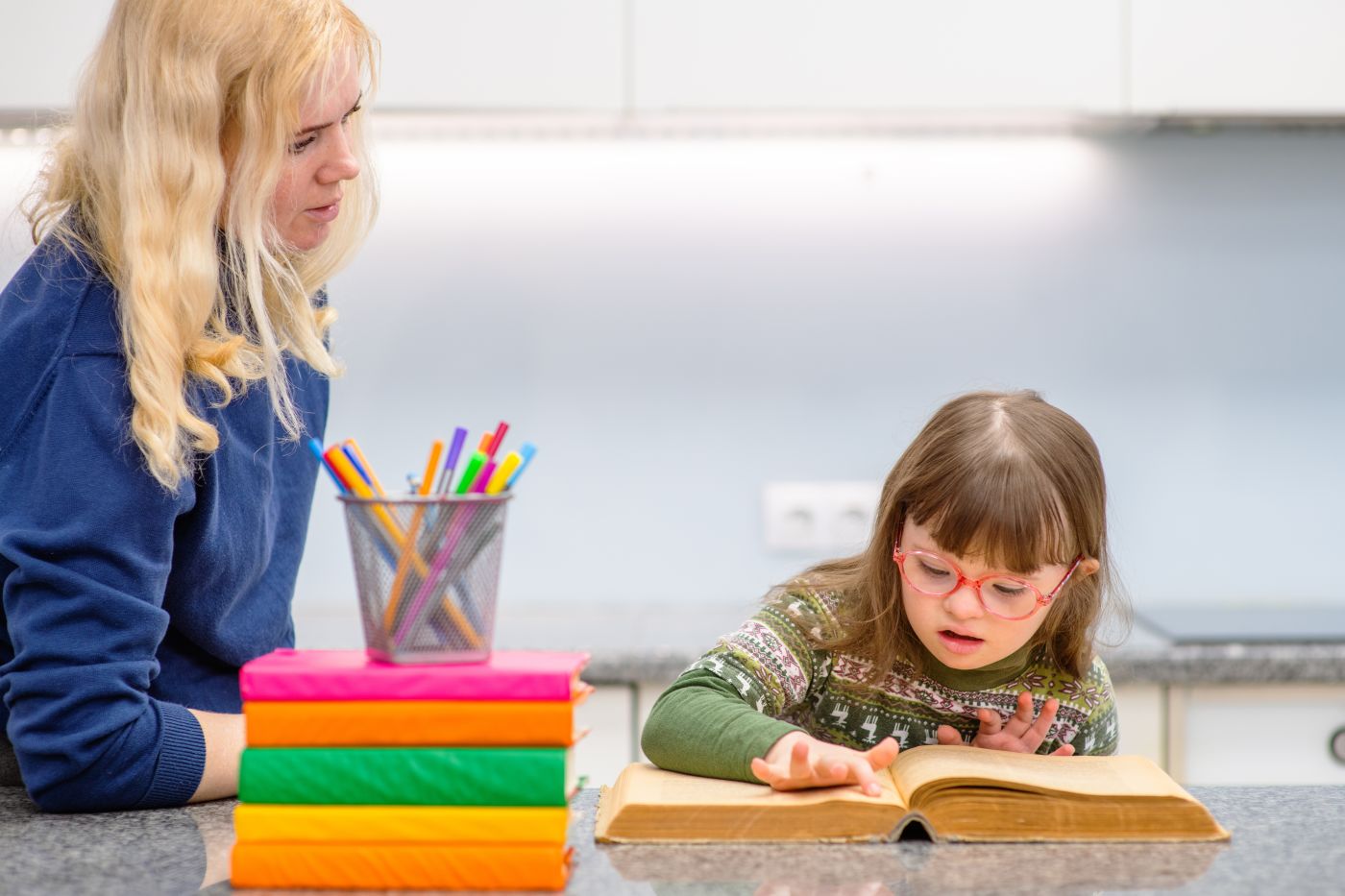The Individuals with Disabilities Education Act requires early intervention, special education, and related services to over 7.5 million children with disabilities. This education law has been the basis of ongoing and potential failure to educate lawsuits against school districts which reduced in-person learning and made other changes to adapt to the pandemic.
Failure to Educate Claims
These claims usually include students with functional needs receiving school provided therapies or participating in individualized education programs. Typically, these involve activities K-12 schools.
Schools interrupted their programs and changed to hybrid or all virtual learning as the pandemic spread earlier this year. This led to the filing of a low number of failure to educate claims in the spring which increased with the beginning of the school year.
Claims again leveled off but school districts are anticipating more claims as larger metropolitan school districts begin to shift to all-remote learning again. Students may not receive their expected special education minutes or receive any education.
Recent suits seek in-person learning for special education students who cannot be served through virtual learning at home or where parents believe that virtual learning is inadequate.
Class Action Lawsuits
Several class actions were filed. On Nov. 23, parents, and guardians of eight students with disabilities filed a federal class action suit against New York city and state education officials.
The plaintiffs claim that there was a widespread failure by the city and state to provide a free and appropriate public education to all students with disabilities in New York city during the pandemic. Officials, according to the lawsuit, did not provide services and programs that were consistent with the students’ IEPs during remote learning. Their failure to provide technology, translation, and interpretation services to their families left these students further behind.
Two parents filed another federal class action lawsuit in Colorado on Oct. 20 against the Boulder Valley School District. The parents allege that the district’s remote learning and limited in-person teaching did not provide the legally required public education to students with disabilities.
The plaintiffs’ claim that the district’s policies are unlawful and a widespread failure to comply with IDEA. One student has Down’s syndrome and the other student was diagnosed with autism.
The parents seek an order requiring the school district to provide full in-person instruction for students with disabilities who need special education and related services under an IEP.
They also asked the court to order the school district to grant exceptions from its mask mandate to students with disabilities who cannot wear masks during an extended time.
During this uncertain time, an attorney can advise families of their rights and options. They can pursue these rights in legal proceedings.


